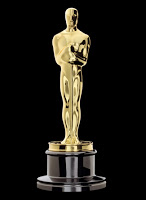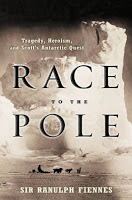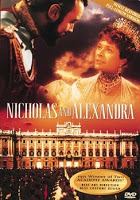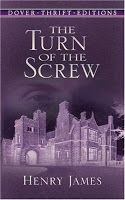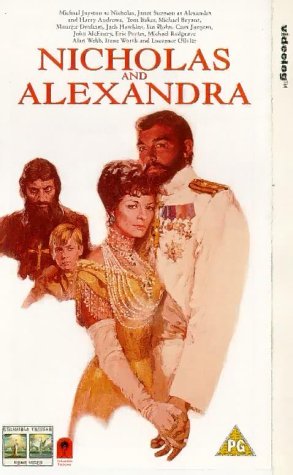Starring… Rasputin!
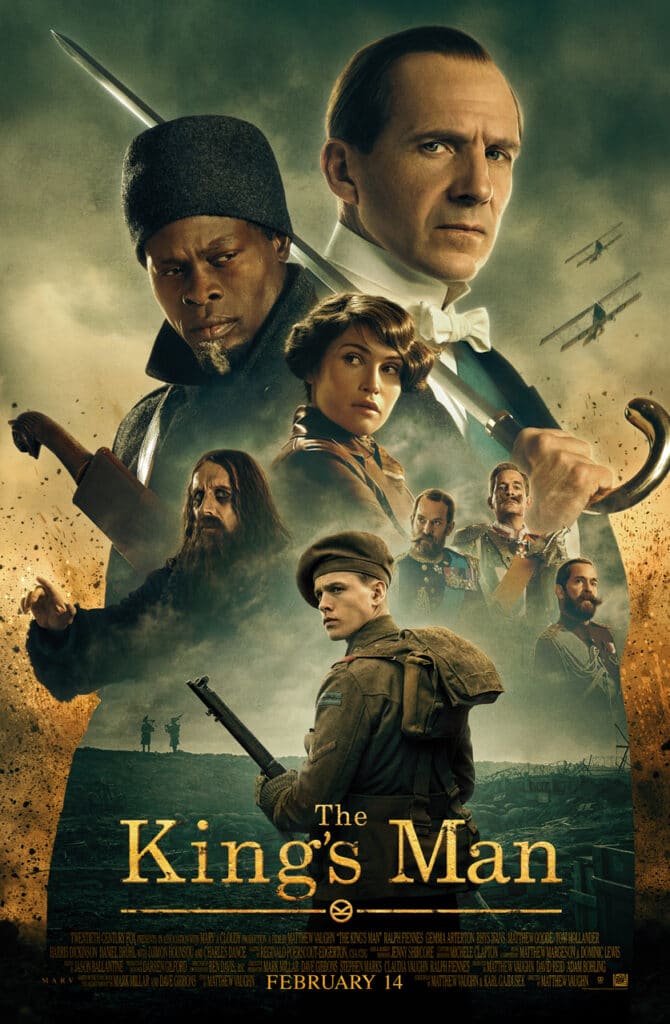
Doug and I went to see the movie Free Guy, starring the ever-hilarious Ryan Reynolds, a thoroughly delightful movie that seems like a cross between The Truman Show, Inception and Tron. We loved it. But it was the previews that caught my attention. The King’s Man is the upcoming prequel to the Kingsmen series. It’s set during World War I, and Rasputin will make an appearance, doing flying sidekicks and all sorts of things you don’t find in history books. As this week is the anniversary of the murder of Tsar Nicholas II and his entire family in a basement Siberia, it got me thinking about Rasputin portrayed in film. He’s such a character, you almost could not make him up. But he was real and he had a huge role to play in the life of Alexei, the prince who had hemophilia, and the overthrow of the monarchy. Pretty sure he had nothing to do with the King’s Man.
Where else has Rasputin appeared? I found the following on the internet. Within nine months of Rasputin’s murder in 1917, there were two low budget silent films about Rasputin. Producer-director Herbert Brenon released The Fall of the Romanoffs, and producer William A. Brady released Rasputin, the Black Monk.
There was Rasputin, a 1929 silent film, produced by Momento Film Company and directed by Nikolai Larin. Rasputin, The Holy Devil is a 1930 German film produced and directed by Martin Berger. Rasputin, Dämon der Frauen was a 1932 German film; and Rasputin and the Empress, was a 1932 MGM production, with Lionel Barrymore playing Rasputin!
There was La Tragédie impériale, a 1939 film based on the book by Alfred Neumann; Raspoutine, a 1953 French film directed by Georges Combret; never released in the United States or England. The Night They Killed Rasputin, a 1960 film; Rasputin the Mad Monk, a 1966 Hammer film. Hammer was known for the horror genre so it seems right that Rasputin was played by Christopher Lee!
J’ai tué Raspoutine (I Killed Rasputin) is a 1967 film featuring an interview with the real Prince Felix Yussupov, who participated in his murder.
My favorite is the spectacular Nicholas and Alexandra, a 1971 epic British film based on the book by Robert and Suzanne Massie, who have a son with hemophilia. Rasputin was expertly played by Tom Baker.
Rasputin: Dark Servant of Destiny is a 1996 HBO TV film, in which Rasputin was played by one of my favorite actors Alan Rickman, who won a Golden Globe for his portrayal.

And finally the upcoming The King’s Man, a 2021 Matthew Vaughn film. Welsh actor Rhys Ifans will play Rasputin, who will pull a lot of martial art moves apparently!
And surprise! Rasputin, an upcoming film to star Leonardo DiCaprio as Rasputin! Maybe this will be his second Oscar?

